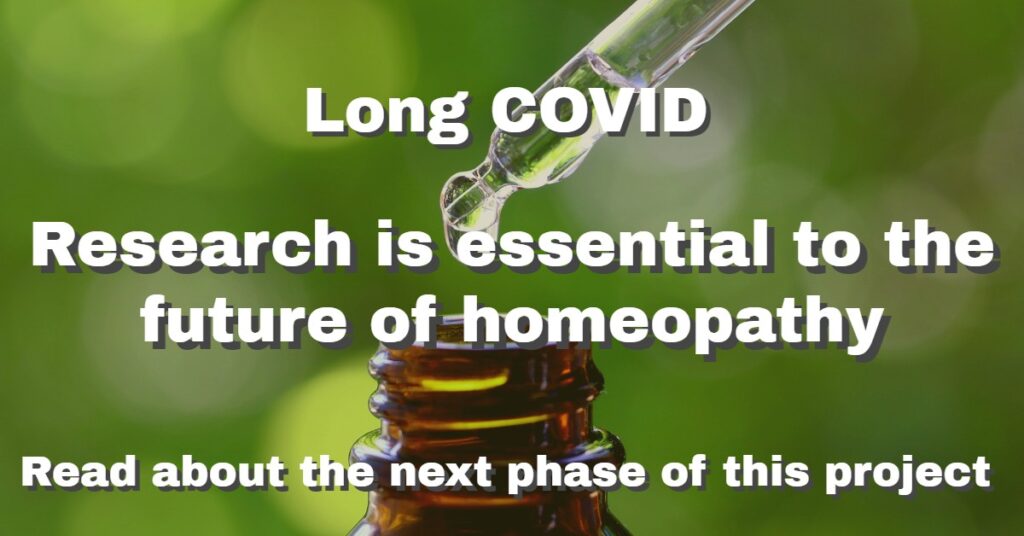Sustainable, Green, Zero Carbon Preventative Medicine
Homeopathy is sustainable, environmentally friendly and can provide true preventative medicine. Homeopathic medicine has been part of the UK NHS for 70 years. It is manufactured in government regulated facilities, and prescribed by trained homeopaths – medical or professional. In fact globally Homeopathy is the second most often used and fastest growing system of medicine on the planet.
EXTINCTION REBELLION AND DAVID ATTENBOROUGH
Movements from the Extinction Rebellion to the heart felt pleas from David Attenborough and the drive for healthier eating, have rightly forced us to take stock of how our actions affect our planet and the extent to which human activity pushes against nature instead of working with it, or devastates our environment in the interests of profit.
In terms of our health we don’t see a medical system focused on preventative medicine or the creation of health. Instead we see multi-national corporations driving a business model that thrives on a conflict of interest. The need to satisfy shareholders can (and often does) mean that drugs are brought to market without sufficient testing, or produce so many negative side effects that the system dominated by pharmaceutical medicine has long been one of the top three killers in the US.
EFFECTS OF PHARMACEUTICAL POLLUTION
The level of pharmaceutical pollution in our environment is well known and yet almost entirely unregulated.
During the manufacture, use and disposal of pharmaceutical drugs, Active Pharmaceutical Ingredients (APIs) are released into the environment. The full effect of this is not yet known, but research has found significant levels of APIs in drinking water, waste-water, sewage sludge and soil.
An astonishing 30% to 90% of any pharmaceutical drug is excreted in the urine of the patient. [1]
And the really shocking fact is that these APIs cannot be removed during the water purification process. Whether we want to or not, prescribed or not, we are all taking various forms of pharmaceutical medications.
This pharmaceutical pollution is also adversely affecting the wildlife. Pollution during the manufacture of antibiotics has helped increase the levels of antimicrobial resistance in the environment, adding to the overall problem of overuse, especially in the food chain. Bacteria with genes for antibiotic resistance have been found in UK rivers as a result of waste-water treatment. The reproduction of molluscs and crustaceans are disrupted by antidepressants in sewage, and sex ratios in fish are skewed by the contraceptive pill finding its way into waterways. [2] [3]
While the greatest pharmaceutical use is in the US and Europe, manufacture is outsourced to the developing world, making the problem of pharmaceutical pollution now a global one.
WE URGENTLY NEED A SUSTAINABLE MEDICINE
Clearly by any measure this is unsustainable. Despite campaigns for better regulation of pharmaceutical manufacturing and safe disposal, the relevant regulating agencies have been slow to respond, if they have responded at all.
The unwanted or unused medications flushed down the drain by patients, end up in the water supply and can’t be filtered out.
What is currently being described as the Climate Crisis needs a much wider remit. One that goes beyond fossil fuels and carbon trading and includes the threat to our global ecology.
We urgently need a sustainable green medicine. A system that is safe and effective for patients AND that protects our fragile environment.
Humanity also urgently needs a system of medicine that can offer true preventative care. A system that supports and enhances our immune system. A system that helps our mental and emotional health and works with nature rather than against it. A system that enables us to truly resolve our issues and create increasing health.
Using what is now considered cutting edge science, the preparation of homeopathic medicine requires minimal resources with no impact on the natural world. There is no waste and no pollution. It is affordable and provides the perfect medicine for the developing world, too, where it can be sustainably produced locally, improving the health of the population and positively impacting their economy.
Homeopathy can also transform farming, increasing the health of animals and crops, reducing and eventually eliminating the need for antibiotics. Homeopathy is transformative medicine, good for the animals, good for the food chain and therefore good for us and our wider environment.
HOMEOPATHY – THE PERFECT MEDICINE FOR OUR FRAGILE PLANET.
References
[1] Holtz S. (2006). There Is No Away. Pharmaceuticals, Personal Care Products, and Endocrine–Disrupting Substances: Emerging Contaminants Detected in Water. Canadian Institute for Environmental Law and Policy, Toronto, Ontario, 82p
[2] Peter P.Fong, Alex T.Ford The biological effects of antidepressants on the molluscs and crustaceans: A review.
Aquatic Toxicology Volume 151, June 2014, Pages 4-13
[3]ChristopherGreen,JayneBrian,RakeshKanda,MartinScholze,
RichardWilliams,SusanJobling
Environmental concentrations of anti-androgenic pharmaceuticals do not impact sexual disruption in fish alone or in combination with steroid oestrogens. Aquatic Toxicology Volume 160, March 2015, Pages 117-127





